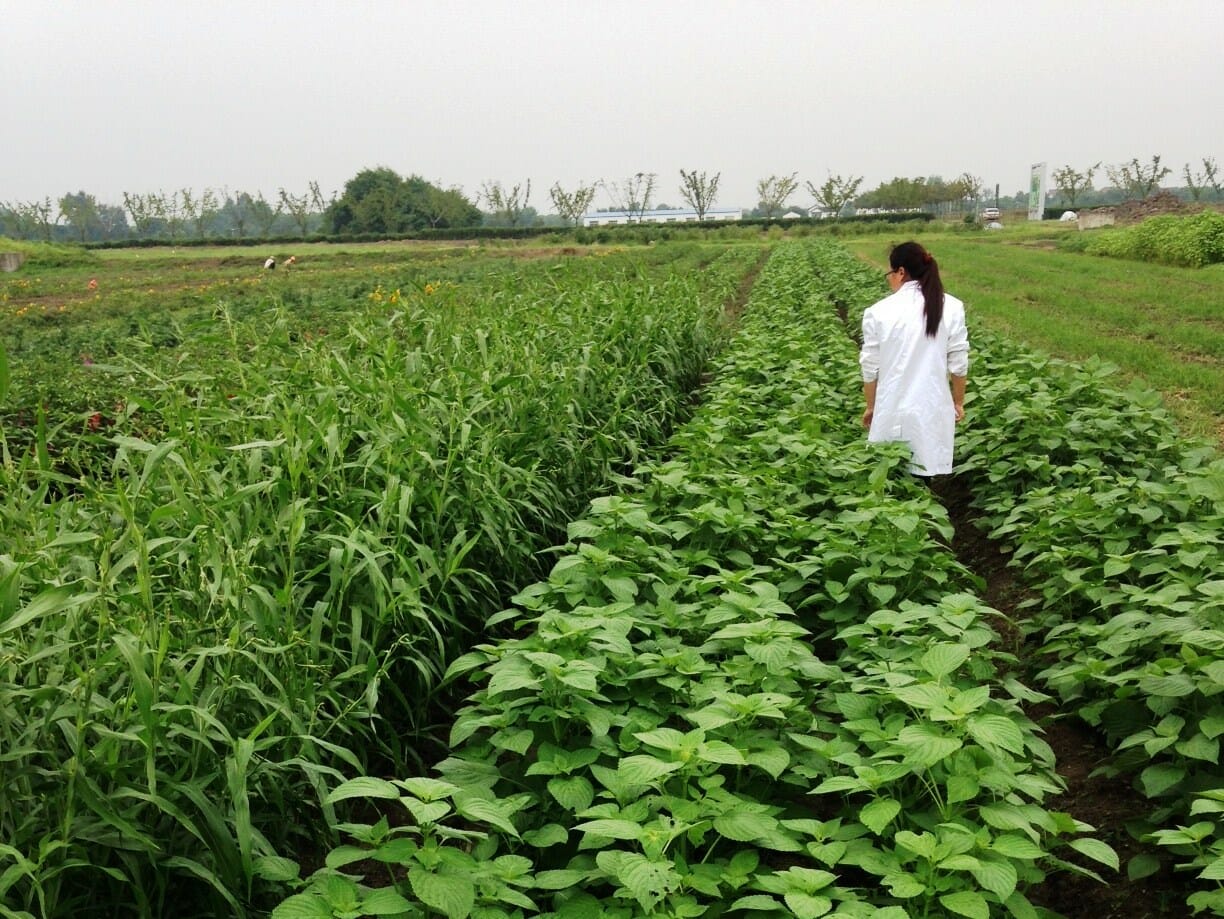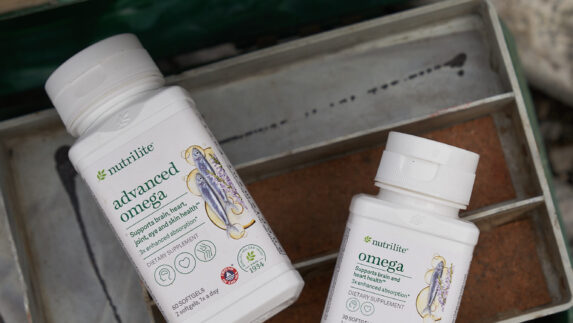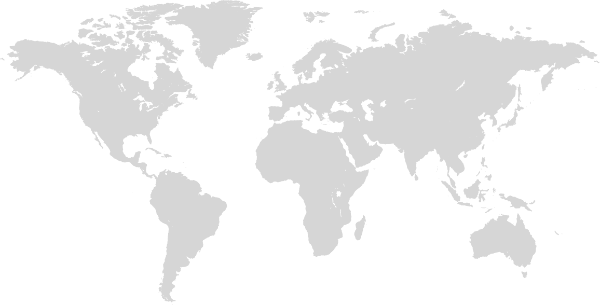In China’s Jiangsu province, the local farmers looked on with bemusement as workers prepared a 48.5-hectare (120-acre) site for the Amway Botanical Research Center.
For hundreds of years, the site in Wuxi (two hours from Shanghai) had been used for growing rice, yet here was this U.S. company trucking in thousands of yards of topsoil and compost and reworking the land with large farm machinery imported from the U.S. and Europe.
“The farmers were saying, ‘What is wrong with these people?’” said Jia Chen, a trained chemical engineer and Amway vice president of R&D /Technical Regulatory, Greater China region. “Most of this equipment has never been seen or used in this local area by the farmers. At the beginning, they were saying, ‘this is not going to work.’”
Gradually, the farmers have come to see the wisdom of what Amway is doing, and some are now even following the company’s lead in a number of their farming practices
The Wuxi farm represents a melding of the old and the new. Amway is introducing modern, sustainable farming techniques to grow Traditional Chinese Medicine (TCM) plants for its research into botanical ingredients for its health and beauty products.
The new research center takes Amway back to where Carl Rehnborg, founder of the company’s Nutrilite™ brand, first noticed the health benefits of the foods consumed by Chinese people in rural areas. That is where he began doing his research into traditional Chinese botanicals.
“Almost 100 years ago, Carl Rehnborg got off a ship in China,” said Audra Davies, Amway vice president, consumables product development and analytical sciences. “That was a key moment in time that ultimately led to the Nutrilite™ brand. That’s why we say it’s taking us back to our roots. It signals a commitment that we are searching the globe to find the very best ingredients.”
Amway looked at more than 40 sites in China to grow the plants and conduct research, Davies said. Eventually, the company chose Wuxi because its central location offers a climate ideal for growing many TCM plants. It also is near a talent pool of top universities and about a two-hour drive west of Shanghai.
The site, however, would require a great deal of remediation to bring it up to Amway standards.
“It seems like a simple task, but it’s complicated by what we’re trying to do,” said Justin Behm, project manager for this unique R&D center. “We developed a whole, new company in Amway to build this site.”
With its generations of rice growing, the farm had a water table much too high for raising row crops, and the heavy clay soil also was unsuitable, he said. Amway began hauling in 300 truckloads a day of topsoil, which is extensively tested at third-party labs to be sure it is free of contamination and rich enough to meet the project’s needs.
In total, the company expects to bring in some 150,000-200,000 cubic meters of topsoil and spread it a meter deep across the farm. Amway also is applying about 38 metric tons per hectare of compost (about 15 metric tons per acre), shipping it hundreds of kilometers from another province. Quality compost is not readily available in the Wuxi area, so Amway eventually will develop its own composting operation on the site to meet the company’s high standard for the fertility of the soil.
“We will have a lot of focus on the quality of the soil,” Chen said, adding that “the soil is the heart of the farm.”
A river that flows through the farm had long been neglected, and needed to be dredged and cleaned to make it suitable for irrigation. Workers drained the river, power washed the riverbed, pumped out the contaminated silt, and then reinforced the banks with rocks to prevent flooding, Behm said.
In the coming months, Amway will construct a building to house the farm’s equipment and a farm center building that will include offices, meeting rooms, a laboratory, a greenhouse and an experience destination for Amway Business Owners, sales representatives and government officials to learn how the company finds and processes the botanical ingredients for the products they sell.
“It illustrates for Amway Business Owners that we are here for the long haul,” Davies said. “It brings additional credibility to the brand.”
The Wuxi farm is designed for research and development of botanical ingredients and not for mass production of plants, she said. The on-site lab will prepare samples and ship them to California and Michigan in the U.S., where Amway researchers will analyze them for the phytonutrients beneficial to human health.
The company’s primary goal is to help its customers “live better lives through a focus on optimal health and wellness and specifically, nutritional supplements,” Davies said.
To do that, Amway is searching through historical records to identify the 3,000-5,000 plants believed to have application for human health, Chen said. Researchers will seek out those plants, grow them on the Wuxi farm and analyze them for beneficial phytonutrients. The company already has 30-35 different plant species growing on the farm.
“That’s where the quality of the Nutrilite™ brand comes from,” Chen said. “That’s how we set ourselves apart from our competitors. I think it’s really fascinating, and it will have a tremendous impact on our future.”




